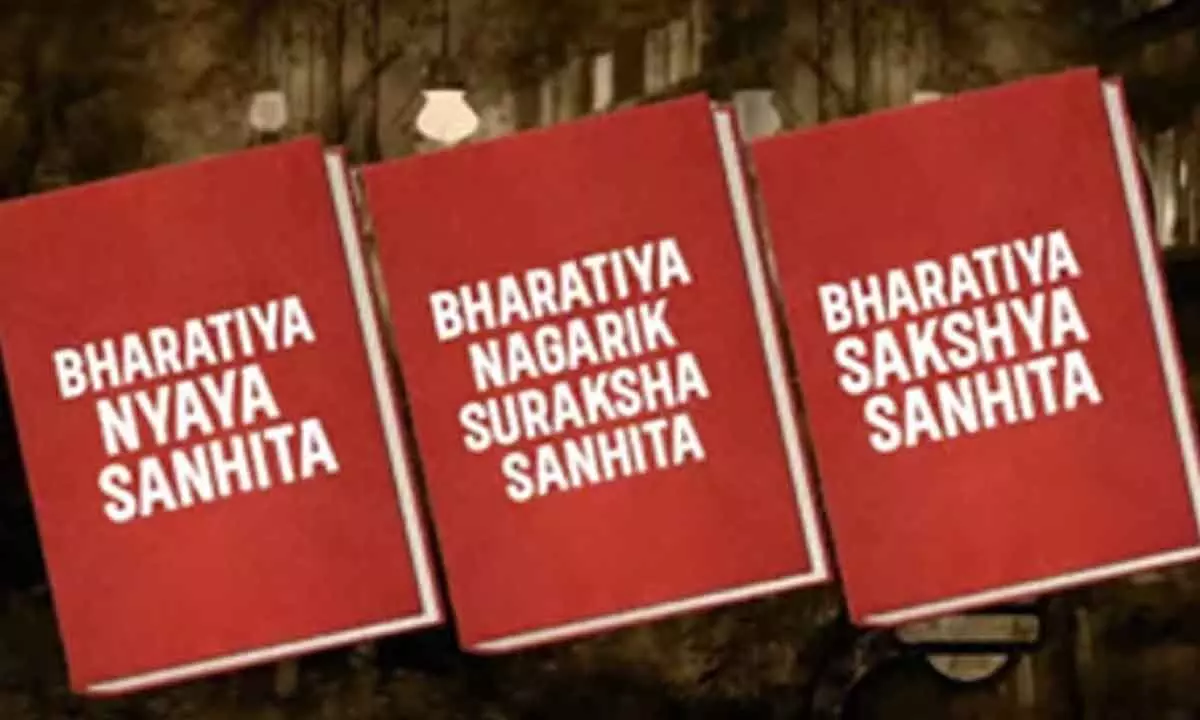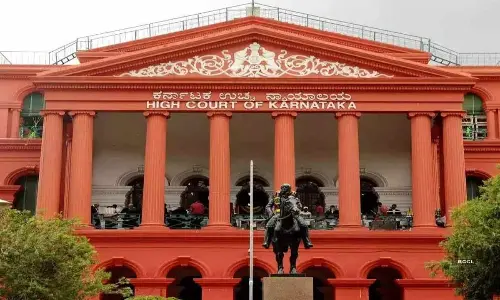New criminal laws come into effect

One of first FIRs registered in Delhi
New Delhi: As the new criminal laws take effect, one of the first FIRs under Section 173 of the Bhartiya Nagrik Suraksha Sanhita (BNSS) was registered in Delhi on Monday.
A street vendor was charged under Section 285 of the Bharatiya Nyaya Sanhita (BNS) for obstructing a foot overbridge at New Delhi Railway Station and conducting sales.
As per the details provided in the FIR, the accused was vending tobacco products and water from a cart positioned near the
main road, resulting in obstruction and inconvenience to passersby. The police officers patrolling the
vicinity requested the accused to relocate his cart, but he disregarded their instructions.
From now on, all FIRs will be filed under the provisions of BNS. However, cases registered before July 1 will continue to be tried under the Indian Penal Code (IPC), Criminal Procedure Code (CrPC), and Indian Evidence Act until their final disposal. The new criminal justice system replaces these British-era laws.
BNS consists of 358 sections, a reduction from the 511 in IPC. It introduces 21 new crimes, extends imprisonment duration for 41 crimes, increases fines for 82 crimes, introduces minimum punishment for 25 crimes, and introduces community service as a penalty for six crimes.
Additionally, 19 sections have been removed. BNSS has 531 sections compared to 484 in CrPC, with changes in 177 sections, addition of nine sections and 39 sub-sections, and deletion of 14 sections. The Indian Evidence Act, with 166 sections, is being replaced by the Bharatiya Sakshya Adhiniyam (BSA) with 170 sections, changes in 24 sections, addition of two new sub-sections, and deletion of six sections.
The implementation of BNS, BNSS, and BSA comes six months after their enactment, following extensive consultations with various stakeholders, including judges, Governors, Chief Ministers, civil servants, police officers, Collectorates, and Members of Parliament and legislative Assemblies.










